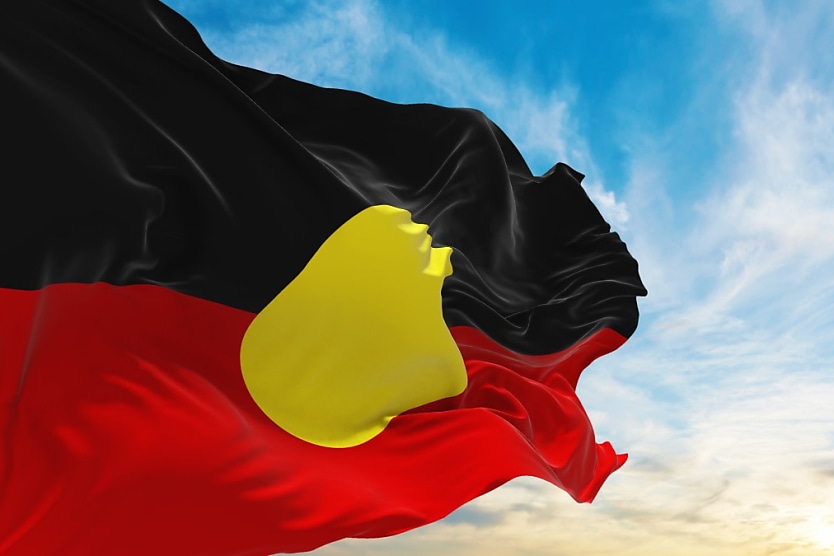Tackling discrimination of Aboriginal and Torres Strait Islander workers
SHARE THIS ARTICLE

The Aboriginal Legal Service has launched its new Employment Law Service, designed to tackle high levels of discrimination and sexual harassment.
“Aboriginal and Torres Strait Islander people experience workplace discrimination and sexual harassment at almost double the rate of non-Indigenous workers,” said Jason Allan, Aboriginal Legal Service (ALS) chairman. It’s precisely this problem that inspired the ALS to launch its new Employment Law Service.
Established in response to findings uncovered in the national Respect@Work report, the Employment Law Service is the first specialist sexual harassment and discrimination legal service in NSW that’s not only for Aboriginal and Torres Strait Islander workers but also run by an Aboriginal community-controlled organisation.
The service offers free and confidential legal support for Aboriginal and Torres Strait Islander people employed in any profession or industry in NSW.
While the service is primarily designed to handle matters of sexual harassment and discrimination, it also provides support for other kinds of work mistreatment, such as underpayment and unjust termination.
Accompanying the legal services, the ALS will work to educate and build awareness at the community level around what constitutes discrimination and harassment and what to do about it.
Intersecting factors
A 2021 report from the UTS Jumbunna Institute for Indigenous Education and Research found that Indigenous mums and carers are the most likely group to experience workplace discrimination. The intersection of these three characteristics: motherhood, womanhood, and identifying as Aboriginal or Torres Strait Islander was dubbed, in that report, as a “triple jeopardy” when it comes to workplace discrimination.
Indigenous women with caring responsibilities are:
1. More likely to feel unsafe in the workplace.
2. More likely to carry extra expectations to make their workplace culturally sensitive and engaged.
3. Less supported when they encounter racism and unfair treatment.
“[Aboriginal and Torres Strait Islander people] can now contact the ALS for culturally appropriate legal support,” said Mr Allan.
The role of businesses
Though initiatives like the Employment Law Service are significant, the responsibility must be shared with employers who can prevent the issues from occurring before the fact. Only one in three respondents to the 2020 Gari Yala (Speak the Truth) report had the workplace support required when they experienced racism.
Similarly, only one in five worked in organisations with both a racism complaint procedure and anti-discrimination compliance training that included reference to Indigenous discrimination and harassment.
In relation to the Gari Yala report, the Diversity Council of Australia said: “The racism [unearthed in the report] manifested in a number of ways, including people being treated unfairly because of their indigenous background, hearing racial slurs, and receiving comments about the way they look or ‘should’ look as an Aboriginal Torres Strait Islander person.”
The report provided “10 truths” designed to help organisations improve workplace inclusion for Indigenous staff. They are evidence-based principles and recommendations, and they include the following:
1. Commit to unearthing and acting on workplace truths – however uncomfortable this may be.
2. Ensure any Aboriginal and Torres Strait Islander-related work is Indigenous-led and informed.
3. Develop organisational principles to make it clear how Indigenous community engagement and employment should work in practice.
4. Focus on workplace readiness (cultural safety) rather than worker readiness.
5. Recognise identity strain and educate non-Indigenous staff about how to interact with their Indigenous colleagues in ways that reduce this.
6. Recognise and remunerate cultural load as part of an employee’s workload.
7. Consult with Indigenous staff on how to minimise cultural load while maintaining organisational activity.
8. Focus on sustainable careers and career development rather than just short-term appointments.
9. Take action to address workplace racism.
10. Look to high-impact initiatives – those that research shows are linked to better wellbeing and retention for Indigenous staff.
Find the full Gari Yala report here.
Aboriginal and Torres Strait Islander employees in NSW who believe they are being mistreated at work are encouraged to contact the ALS Employment Law Service on 1800 765 767 (free call) between 9am and 5pm, Monday to Friday, or via email at
RELATED TERMS
According to the Australian Human Rights Commission, discrimination occurs when one individual or group of people is regarded less favourably than another because of their origins or certain personality traits. When a regulation or policy is unfairly applied to everyone yet disadvantages some persons due to a shared personal trait, that is also discrimination.
Harassment is defined as persistent behaviour or acts that intimidate, threaten, or uncomfortably affect other employees at work. Because of anti-discrimination laws and the Fair Work Act of 2009, harassment in Australia is prohibited on the basis of protected characteristics.
Nick Wilson
Nick Wilson is a journalist with HR Leader. With a background in environmental law and communications consultancy, Nick has a passion for language and fact-driven storytelling.

